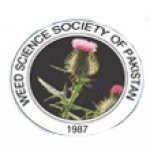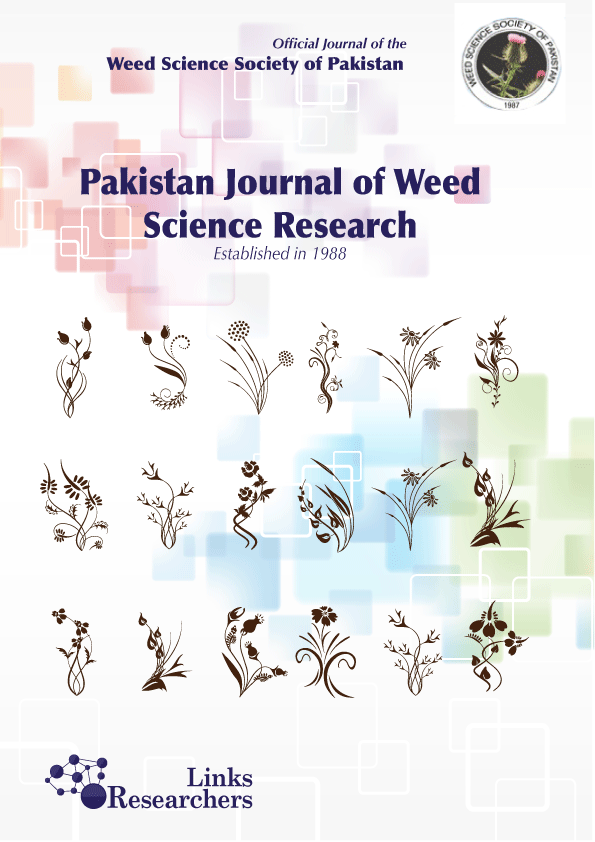RESPONSE OF POTATO AND ASSOCIATED WEEDS TO WATER EXTRACTS OF MAJOR TREES OF UPPER DIR KHYBER PAKHTUNKHWA PAKISTAN
RESPONSE OF POTATO AND ASSOCIATED WEEDS TO WATER EXTRACTS OF MAJOR TREES OF UPPER DIR KHYBER PAKHTUNKHWA PAKISTAN
Umm-e-Kulsoom1, Saima Hashim2, Fazli Wahid3, Haseena Gulzar4 and Tamana Bakht5
ABSTRACT
District Upper Dir, Khyber Pakhtunkhwa is a hilly area and its major cash crop is potato. The area produces good quality potato and the farmers have small land holdings and thus majority of the farmers prefer to grow potato. There are limited pathogens or insect that can significantly affect the potato while presence of weeds is a major concern for the potato growers. As per our documentation survey, Amaranthus viridis and Chenopodum album were found as major weeds infesting potato fields. At maturity, the seeds of these weeds were collected and the major trees that were found on the sides of nearly all potato fields were identified as Juglans sp, Cedrus sp, and Pinus sp. The bark, stem and leaves of these species (donor plants) were collected and stored. After drying, the plant materials were grinded. The powder of each species and each part were soaked separately at 100 g per liter and 150 g per liter to get two different aqueous extracts. The objectives of the studies were to investigate the allelopathic effect of extracts of different parts of donor species on weed seed germination and growth of potato. Weed seed germination test was conducted in petri-dishes while potato related studies were conducted in pots. Our data revealed that all the aqueous extracts of all the three donor plants significantly decreased the seed germination of A. viridis and C. album as compared to control. All three species have confirmed allelopathic effect and thus can affect the germination of weeds. In addition, the aqueous extracts of the donor species significantly affect potato. The degree of weed seed and potato suppression was dependent on species, part used and concentrations of the donor species. It is concluded that all three species (Juglans sp., Cedrus sp., and Pinus sp.) have allelopathic effect and can suppress the germination of the two major weeds. However, at the same time, the allelopathic potential of these donor species also negatively affect the potato. Therefore selective application of these extracts in potato crop is suggested. However, further research is suggested to make concept of the allelopathy applicable and easy for the farmers.
To share on other social networks, click on any share button. What are these?





